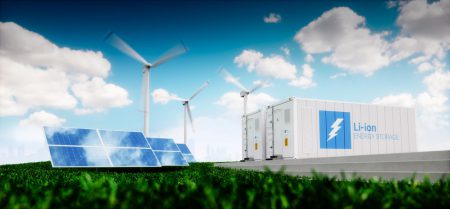The economics of combining solar and other renewables with electric vehicles is becoming so compelling that the oil sector faces a “relentless and irreversible decline”, a new report from BNP Paribas has concluded.
The report, dubbed ‘Wells, wires and wheels’, examines the link between mobility, energy and capital investments, introducing the concept of ‘energy return on capital invested’ (EROCI).
That metric focuses on how much useful energy or mobility would be returned from a specific capital outlay in competing technologies, with the report squarely focusing on oil’s return for petrol and diesel-fuelled vehicles and renewables alongside battery electric vehicles.
The bank’s analysis concludes that for the same capital outlay, wind, solar and battery EVs can deliver between 6.2 and 7-times more useful energy than oil if it’s priced at US$60 per barrel, roughly the same price as Brent Crude is today.
As a result, BNP Paribas has said that the economic and environmental benefits of combining solar and electric vehicles as “irresistible”.
Furthermore, the report argues that the economics are so compelling that the oil sector has “never before in its history” faced the kind of threat that renewables and EVs now pose, and stressed the need for oil and gas companies to ramp up their investments in renewables and battery storage if they are to survive.
Read more: Solar Power Portal

